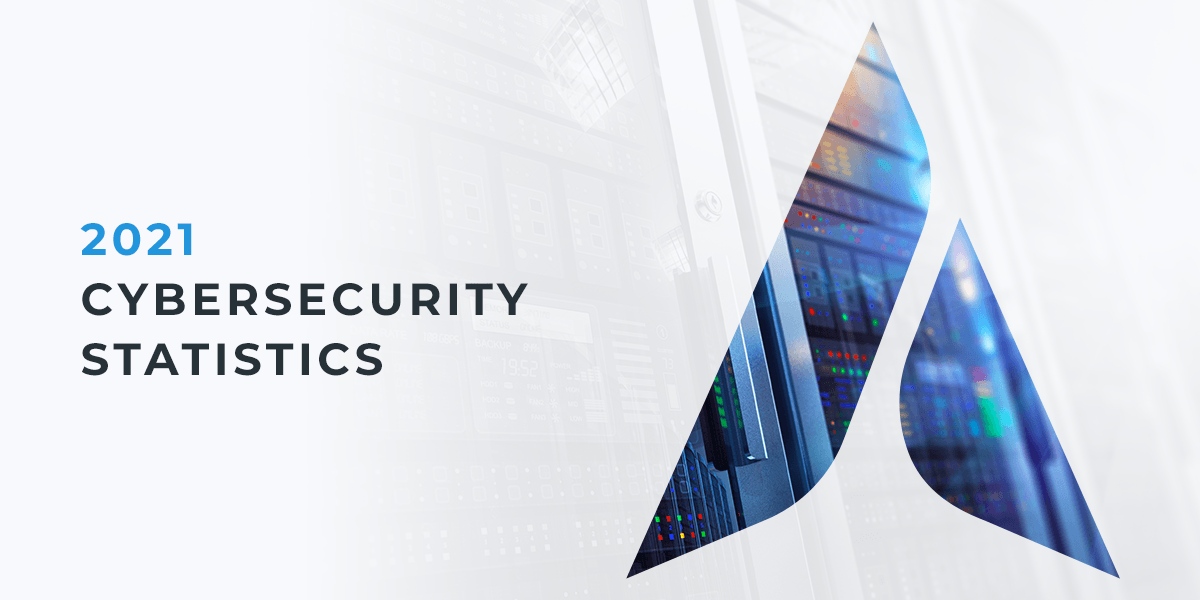What is the Impact of Cybersecurity on Procurement?
Procurement uses various technologies to streamline processes. As your company adds more digital tools to the network, cybersecurity becomes increasingly important. Procurement is vulnerable because of the sensitive data involved. Securing the procurement process requires companies to balance efficiency with their employees, suppliers, and clients while securing valuable data.
Why do Cyber Attackers Target Procurement?
Security breaches target procurement because its information is valuable to hackers. Organizations value accessibility to data at any time on any application to make tasks collaborative and efficient. Automation is also becoming more common to reduce manual tasks and operational costs. This interconnectivity can put your security at risk — cyber attackers can access this data during transmission or where it’s stored. The more vast your supply chain is, the greater the security risks are for your company.
Procurement can host data such as:
- Personal information like contact details, social security numbers, and W-9s
- Payment information like bank account numbers, credit cards, and invoices
- Company information like contracts, bids, and confidential agreements
Bad actors can use this information to steal identities, gain an edge over competitors, steal money, and more. For companies, cyberattacks cause many issues, including reputation damage and revenue loss.
How the Procurement Process Protects Companies
Procurement protects businesses from cybersecurity risks by:
- Developing and enforcing standards for suppliers: Your suppliers’ security standards may differ from yours. Hackers can use this connection to access your system if appropriate security measures are not in place. Set standards for sharing, accessing, and using data with suppliers.
- Launching a disaster recovery plan: If your company becomes the target of a cybersecurity breach, act immediately and start your disaster recovery process to minimize the damage. Your company should also have a first-response contact, like your security team or IT provider, to inform them about security concerns as quickly as possible.
- Training your employees: Cyber attackers can access your data through employees unaware of your security standards. Train your team on cybersecurity risks, methods, and reporting to prepare them for real-world attacks. Employees can implement security best practices like reporting suspicious emails, encrypting sensitive information, and signing off their computers.
Manage Third-Party Cybersecurity Risks with Agio
Your vendors and suppliers can introduce security vulnerabilities to your network. Third-party cybersecurity risk management services from Agio enhance your protection by closing these gaps and ensuring you comply with regulatory requirements. Contact us to learn more about our cybersecurity services.
Share post
Featured Posts
Connect with us.
Need a solution? Want to partner with us? Please complete the fields below to connect with a member of our team.





